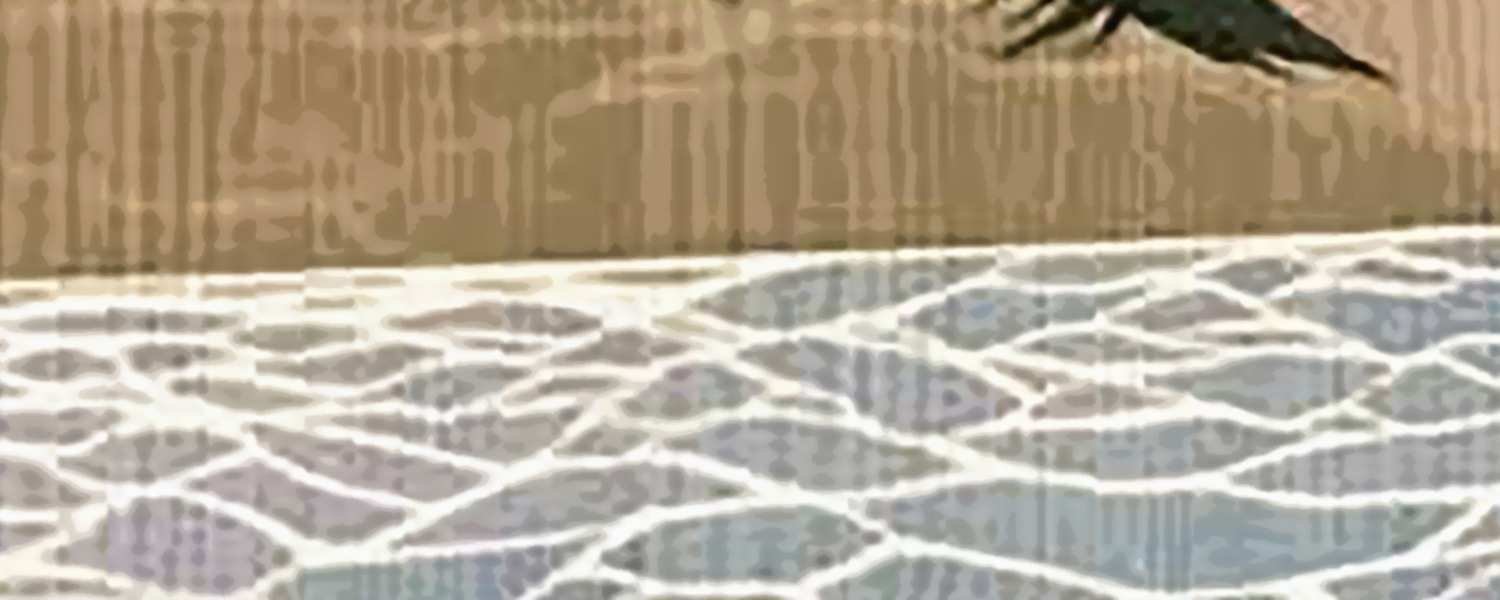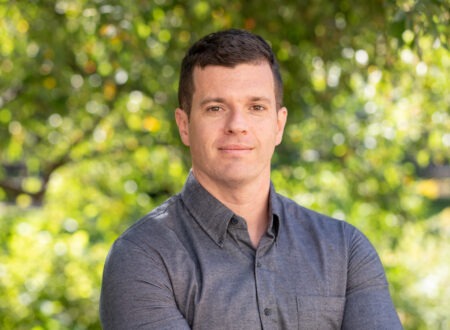Madawaska First Nation is celebrating a win in its legal challenge of New Brunswick’s refusal to share casino revenue with the First Nation. The New Brunswick Court of Appeal released its decision, found here, ruling in favour of Madawaska First Nation’s challenge of New Brunswick’s decision to deprive the First Nation of casino revenues. In New Brunswick Lotteries and Gaming Corporation et al. v. Madawaska First Nation, the New Brunswick Court of Appeal rejected the Province’s appeal of a lower court decision that ordered the New Brunswick Lottery and Gaming Corporation (“NBLGC”) to share its gaming profits with Madawaska First Nation.
Madawaska was represented by OKT lawyers Nick Kennedy and Sarah Glickman.
Madawaska First Nation is home to the privately-owned Grey Rock Casino. The casino hosts a variety of gaming options, including gaming devices commonly called “video lottery terminals.” These devices permit players to play a variety of games of chance on a video screen. Under s. 24(5)(b) of New Brunswick’s Gaming Control Act, the NBLGC “may share” 95% of its profits from any “lottery scheme” on a First Nation’s reserve that “utilizes video gaming devices” if the First Nation meets certain conditions in the Act. Madawaska meets those conditions. So in October 2019, it wrote to the NBLGC and demanded that it share 95% of its profits from the Grey Rock Casino because the Casino is a “lottery scheme,” and the video lottery terminals at the Grey Rock Casino are “video gaming devices.”
The NBLGC refused to share its profits, and Madawaska successfully applied to the Court of King’s Bench for judicial review of the NBLGC’s refusal to share profits. The presiding judge – Justice Morrison – found that the Grey Rock Casino is a “lottery scheme that utilizes video gaming devices,” and that Madawaska meets the other conditions for profit-sharing under the Act. He therefore directed the NBLGC to share profits with Madawaska in accordance with the Act.
The NBLGC appealed that decision. On January 12, 2023, the New Brunswick Court of Appeal released its decision rejecting the appeal and largely affirming Justice Morrison’s decision. However, the Court of Appeal went one step further and agreed with Madawaska that even though s. 24(5)(b) of the Gaming Control Act (the profit-sharing provision) says that the NBLGC “may share” profits, it was obligated to share profits because Madawaska meets the conditions for profit-sharing listed in the Act. In other words, the fact that the Act says “may share” does not give the NBLGC discretion about whether to share profits. If the conditions listed in the Act for profit-sharing are met, it has an obligation to do so.
As a result of the Court of Appeal’s decision, the NBLGC will now be obligated to share its gaming profits with Madawaska First Nation.
Related Posts

Good corporate governance must take into account Aboriginal rights
Monday, October 21, 2024
The Supreme Court recently refused to hear the appeal in Thomas v Rio Tinto Alcan Inc, 2024 BCCA 62 [Saik’uz]. In Saik’uz, the British Columbia Court…
Read More...
Court Confirms New Brunswick Must Share Tax Revenue with Maliseet First Nations
By Nick Kennedy …
Read More...
Respect and Responsibility: Integrating Indigenous Rights and Private Land Conservation in Canada
This post contains the executive summary of a new report, Respect and Responsibility: Integrating Indigenous Rights and Private Conservation in Canada.
To download the full report, please click here.
To…
Read More...

